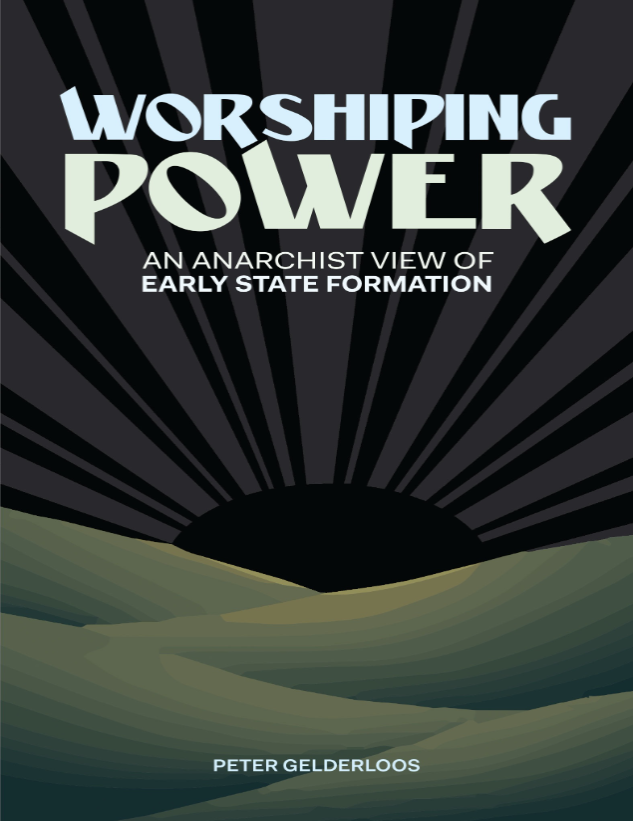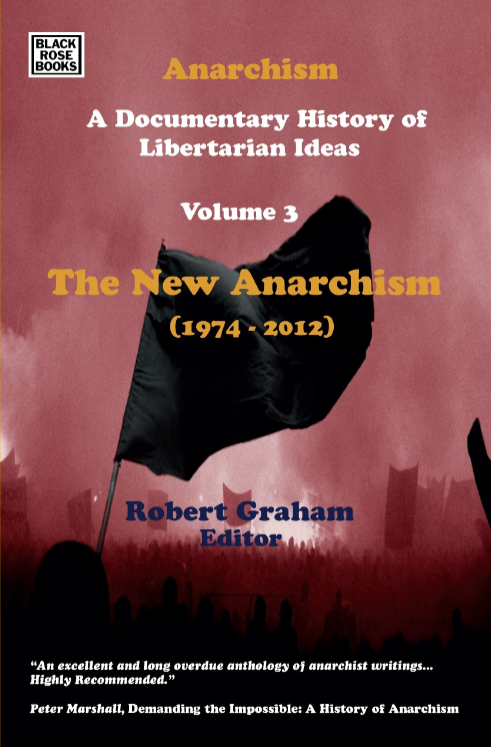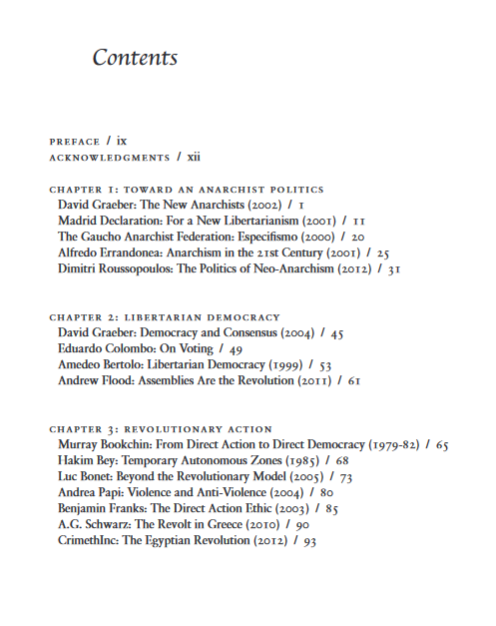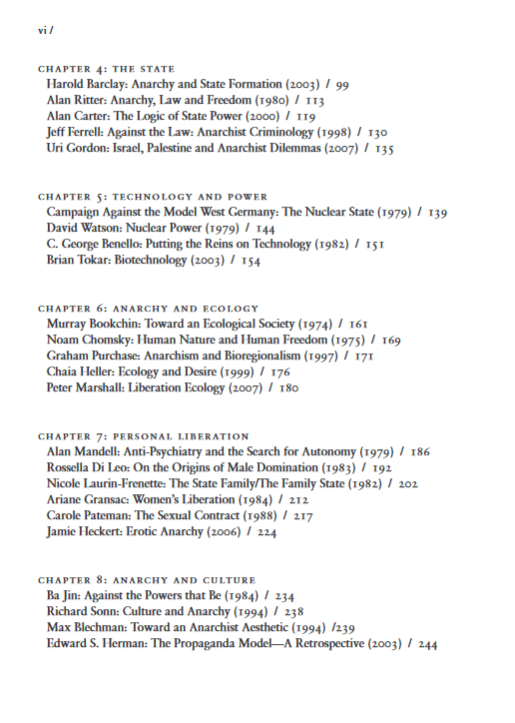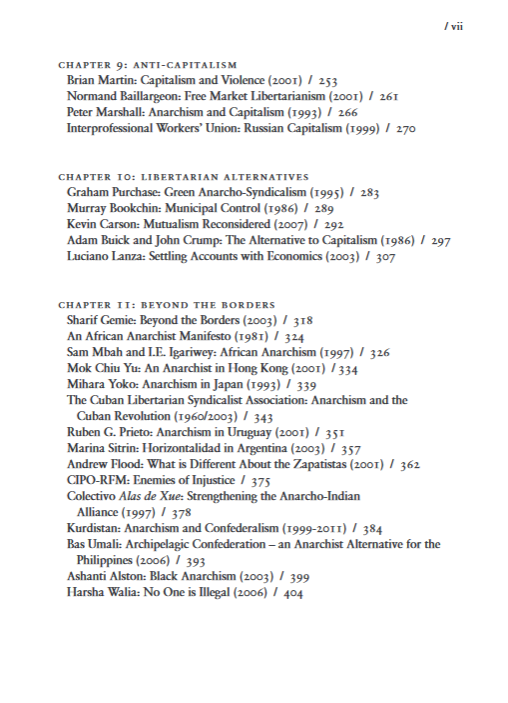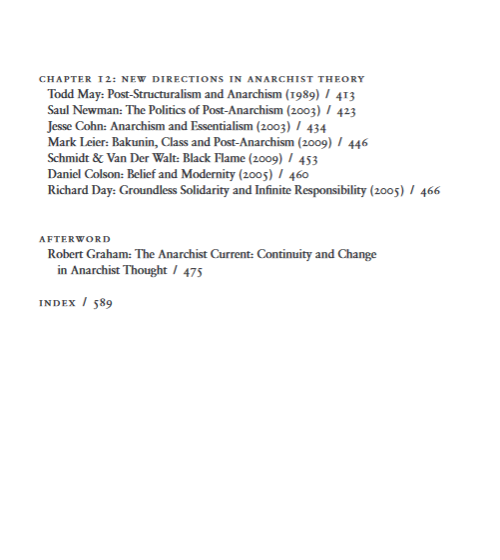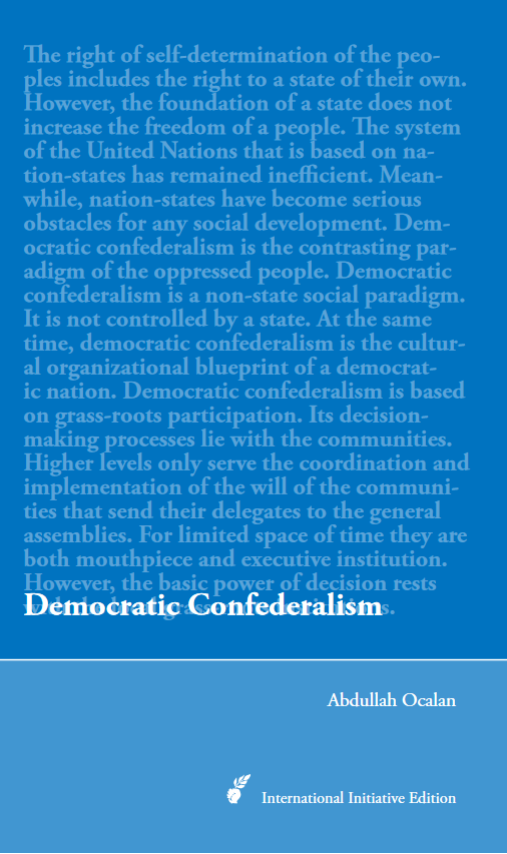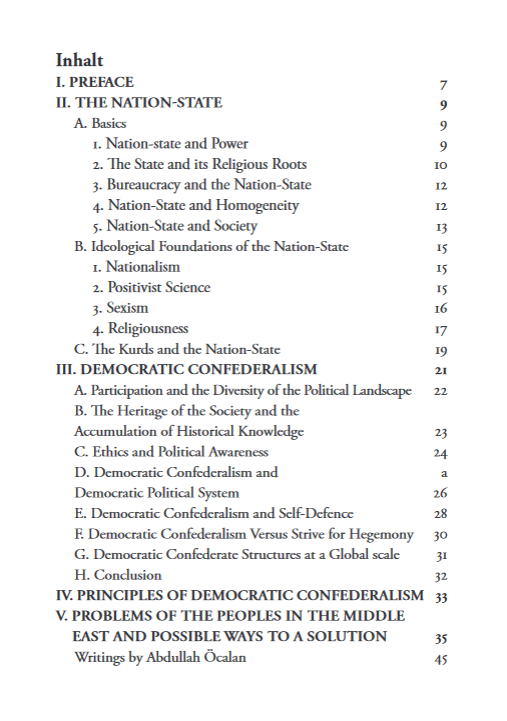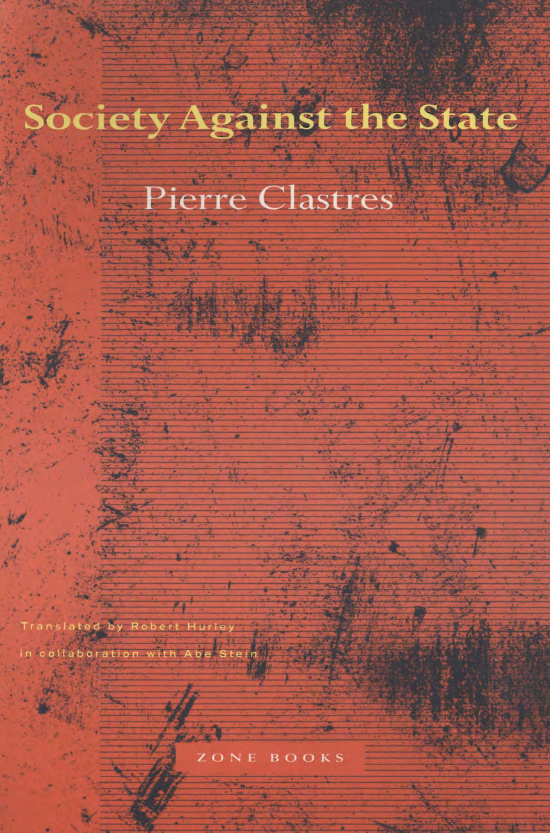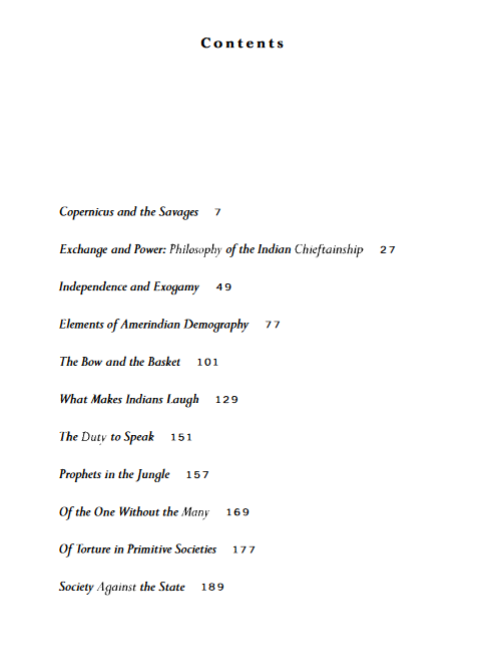Author(s)
Contents
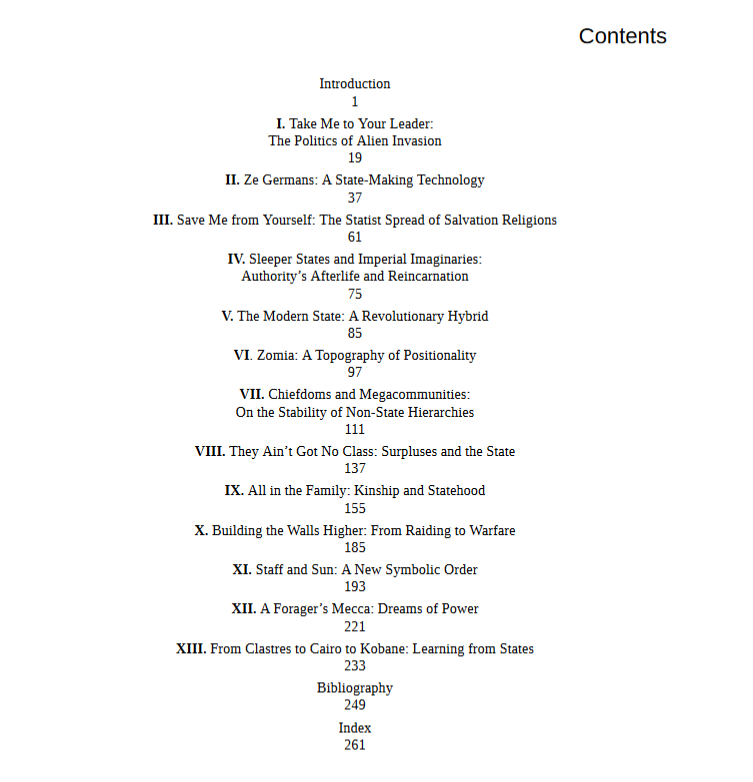
“The question of how and why states were formed is the keystone of Western civilization’s creation mythology. Most readers will share my experience of having been brought up in a society where history begins with the appearance ofthe State.
Anything outside its domain is a Dark Age, terra incognita, a savage and barbarian land. We are taught that communities created the hierarchical structures of territorial governance that would eventually solidify as states out of a need to organize more efficiently, to respond to natural disasters or population growth, to administer large-scale infrastructure, to defend against hostile outsiders, to protect individual rights through a social contract, or to regulate economic production and surplus value.
All of these hypotheses are demonstrably false, yet we are continually indoctrinated to accept them, to keep us from grasping the predatory, parasitic, elitist, and completely unnecessary nature of the State.
[…] Thanks to social movements and anti-authoritarian struggles in the streets, and a growing recognition—starting with the near nuclear disasters of the Cold War and accelerating with climate change and mass extinction—that the State may well be the death of us all, room has finally been created for the scholarship that backs up what has been obvious for centuries: that the State is the enemy of freedom, human well-being, and the health of the planet.”
Peter Gelderloos
Leave a comment below with a valid email adress (it will not be published) to request this book.
